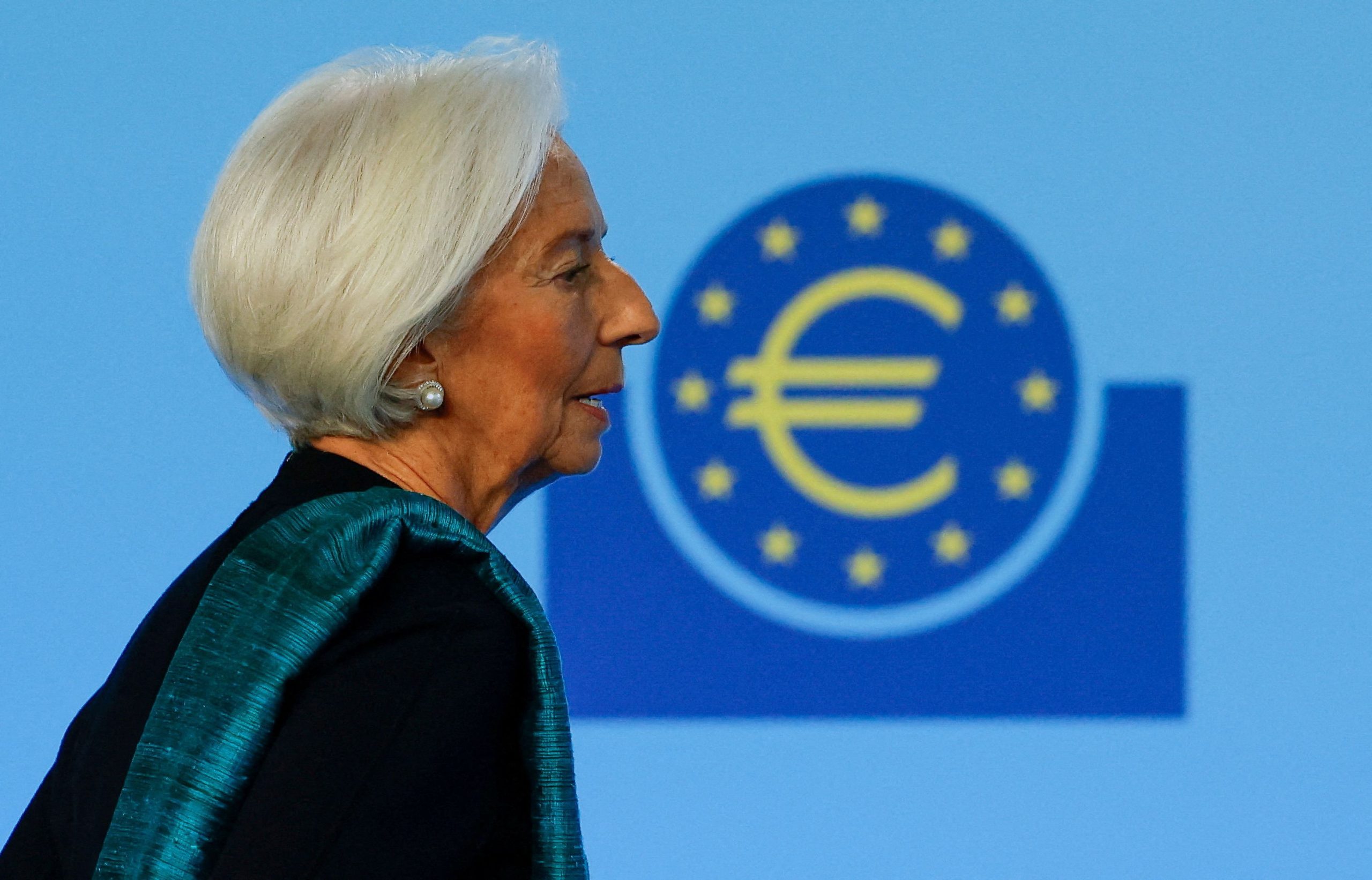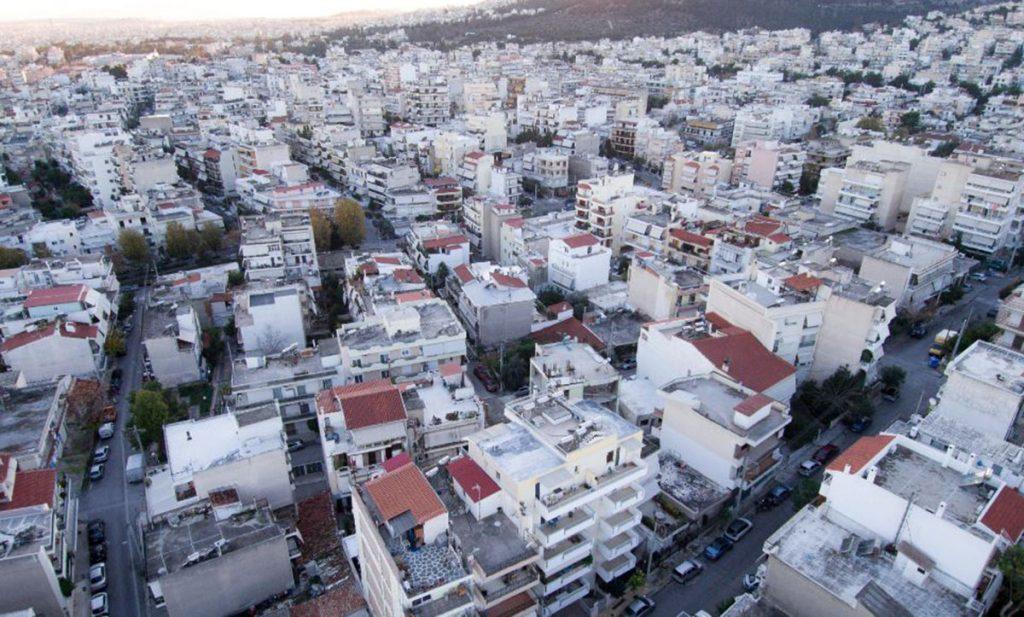The required investments by 2050 are estimated at 295 billion euros, in order for Greece to approach the European target for climate neutrality in the next thirty years. This emerges from a study by the Energy Planning & Sustainable Development Team of the National Observatory of Athens, implemented as part of the South East Europe Energy Transition Dialogue (SEE-ETD) project funded by the Deutsche Gesellschaft für Internationale Zusammenarbeit (GIZ),
The research scientific team of the Observatory comprising Dr. Elena Georgopoulou, Dr. Sebastianos Moirasgentis, and Dr. Giannis Sarafidis, in collaboration with Professor Dimitris Lalas and the external scientific collaborator Nikos Gakis, elaborated various scenarios and specified the required investments of 295 billion euros as follows:
– If Greece continues in the direction of investments of the last decade (Business as usual), investments of 135 billion euros are foreseen for the next thirty years in order to contain the final energy demand (ie investments in energy upgrading of the building sector, transport, etc.) and 48 billion in energy supply (electricity, grids, etc.)
– But given the scope of the revised ESEC (National Energy and Climate Plan) commitments, another € 46 billion will have to be added to investments to reduce energy demand and € 8 billion to those related to energy demand. final energy supply.
– The required investment funds increase, even more, if the goal of curbing the rise in temperature is set at 2 degrees Celsius (8 billion euros and 18 billion euros for investments in energy supply and demand respectively) or the most ambitious of 1.5 degree Celsius (€ 16 billion and € 16 billion respectively).
So, as Mr. Lalas explained to ot.gr, in total, in order for Greece to reach a zero carbon economy in 2050, investments of 205 billion euros in energy demand and 90 billion euros in supply are required. The intention of the scientific team of the Observatory is to make a contribution to the public debate that is taking place in Greece so that it can achieve zero carbon emissions by 2050, a goal that they consider necessary to curb climate change.
In particular, investments in final energy demand (including additional transport costs) are 2.5-3.8 (depending on the scenario) times higher than those in energy supply. However, this ratio is significantly reduced in scenarios that require much higher investment in Renewable Energy (RES) projects for the production of synthetic fuels. In all scenarios, transport, followed by energy efficiency improvements, requires the highest percentage of investment (81% -91%).
Investments for “greening” of transport
Especially for transport, in order to reduce greenhouse gas emissions by 58% -75% compared to the base year (1990), the already high investments foreseen in the National Plan for Energy and Climate must be further increased by almost 0.6 billion euros / year. In fact, to achieve emissions reductions of more than 75%, investment (including additional transport costs) must be increased by around € 1.3 billion / year for the 2-degree Celsius scenarios, 9 billion euros / year for compliance with the Paris Agreement, ie the goal of curbing the rise in temperature to 1.5 degrees Celsius.
As for the ambitious goal of reducing emissions by 85% -95%, scenarios that emphasize the use of hydrogen, biogas, and synthetically produced methane in a climate-neutral way are more expensive, requiring additional investments of 0.7-0.8 billion. euro / year during the period 2030-2050 compared to the scenarios that emphasize the use of electricity in final demand and major improvements in energy efficiency.
The investment paths to neutrality
The two alternative paths to achieving carbon neutrality by 2050 (ie reducing emissions by almost 100% compared to 1990), presented in the long-term strategy for the EU 2050, differ in investment and the required structural changes. According to the Observatory’s Energy Planning Team, the “energy efficiency improvement path” is less demanding in terms of overall investment, but requires significant effort at the level of final demand and relies heavily on bio-fuel availability.
On the other hand, the “new energy” route offers efficient energy storage from RES, but requires extremely high investments in energy supply for the production of new fuels (mainly hydrogen and synthetic methane), installed power generation in 2050 almost three times higher than the National Plan for Energy and Climate envisages for 2030 for the production of hydrogen through electrolysis, and significant structural changes for the distribution of these new fuels.
In any case, for Greece the transition of the Greek economy to zero emissions by 2050 has many challenges as the electricity market remained for decades dependent on lignite, the country has an old building stock, a transport sector that relies heavily on in petroleum products, industries that need to do a lot to comply with the principles of the circular economy and a “wounded” banking sector after the ten-year recession. But the COVID-19 pandemic also brought additional difficulties on the way to a zero-carbon economy.
According to the researchers, the reduction of greenhouse gas emissions in Greece by more than 85% compared to 1990 will require a real “revolution” in many sectors, such as supply, transport, demand for energy, industry, agriculture, and funding issues. Changes in fuel substitutes, technologies and practices with zero carbon footprint are deeply structural, requiring effective coordination at all levels of government, which is why, the research team point out, such a transition requires the active involvement of citizens and local communities.
“Undoubtedly, there are many uncertainties that affect the future competitiveness of fuels and technologies and, consequently, the ‘ideal’ set of measures to achieve climate neutrality,” they note. They conclude: “However, any transition path chosen by decision makers should leave room for remedial action if future circumstances and developments so require, rather than “locking” the economy into technological options that reduce flexibility., increase costs and limit the involvement of local citizen communities “.











![Χρυσή βίζα: Μειώνονται οι αιτήσεις – Γιατί φρενάρει η ζήτηση [πίνακες]](https://www.ot.gr/wp-content/uploads/2025/11/golden-visa-768x516-1-1.jpg)

























